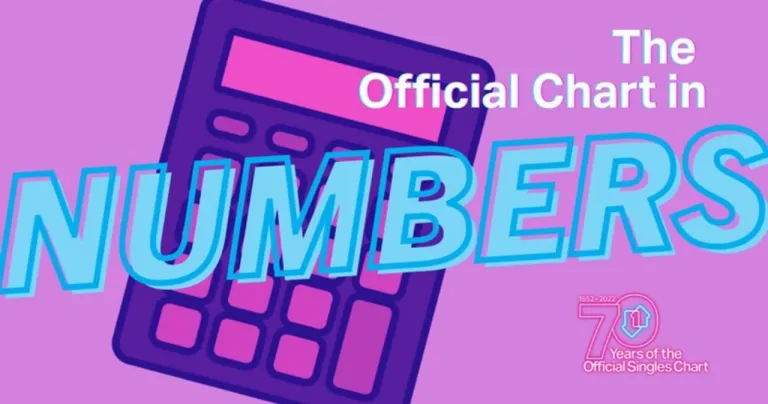
Platinum is the highest sales ranking for music in the UK: for singles it marks 600,000 sales (now obviously blending sales and streams) and for albums it marks 300,000 sales. This November, the Official Charts Company (OCC) gets its own platinum jubilee, which is slightly different from that other platinum jubilee earlier in the year in the UK, as it turns 70.
We don’t usually focus on marketing efforts by chart companies but this is an exceptional case.
The UK charts are facing a relevancy battle: they are still hugely important to the industry as a marker for success; but there is a growing sense that the public is increasingly disinterested in them.
On the day of the OCC’s 70th birthday, The Guardian ran a feature with a brutal headline: “The UK singles chart is 70. Is it time for it to retire?” It argued that things like X Factor and LadBaby dominating the Christmas number 1 over the past two decades, the streaming-led mix of catalogue and frontline in the top 40 and the (to the consumer at least) confusing blending of streams and sales have severely damaged the chart’s credibility and viability.
The OCC has been heavily pushing its centrality and importance for both the music business and British culture. There were several celebratory features in newspapers, with one on the BBC talking about seven controversies to hit the chart over the past 70 years (but it did not really grapple with any of the macro criticisms outlined by The Guardian).
On its own site, the OCC ran several pieces digging into seven decades of chart data and also had tie-in shows with BBC Radio 2, including the broadcaster playing the most-streamed track of each year from 1960 to 1999 on its Sounds Of The ‘60s, ‘70s, ‘80s and ‘90s shows. It also broadcast a special show highlighting the most-streamed song from each year of the chart’s existence.
There’s also an official Official Charts music quiz book to test your knowledge of hits passim.
The Guardian ended its broadside on the charts by asking if it would still be around to mark its 80th anniversary. The OCC is doing all it can to raise its profile (in recent years it has been sending all new number 1 acts a hefty “1” statue which they dutifully share on their social media) and this 70th anniversary celebration is a way to try and get back into the national conversation.
If it makes it to 80 (and beyond) remains to be seen, but if it disappears the music business will lose an important means (not, it must be stressed, the only means) of understanding both its success and itself.